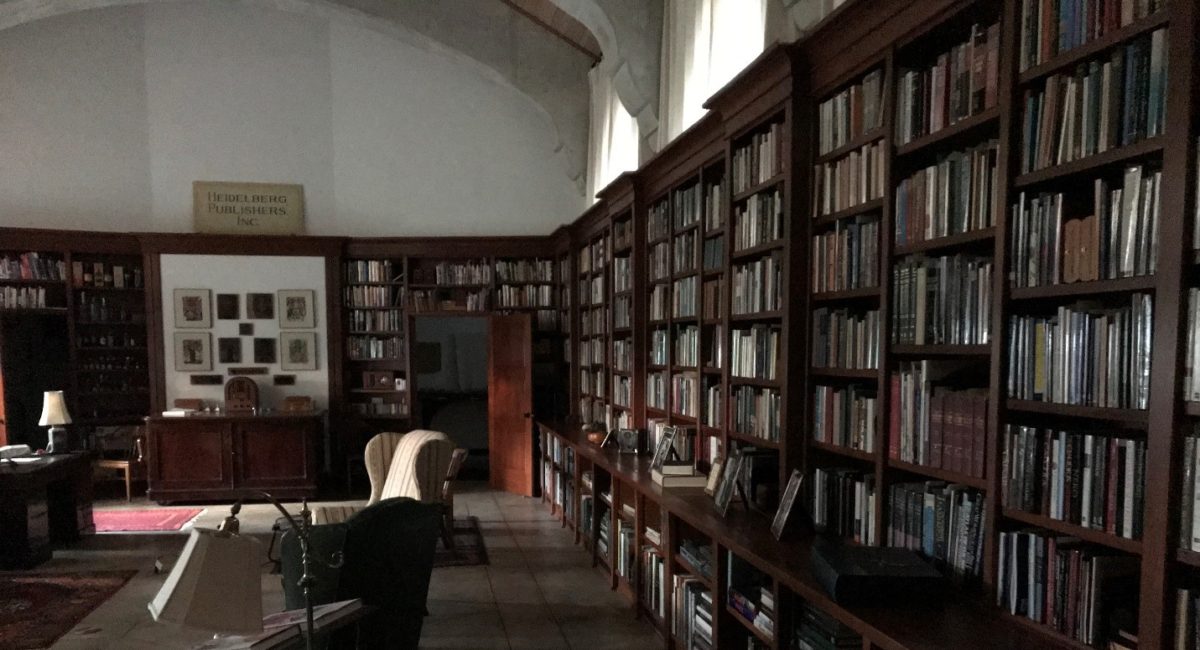The following is from an NPR Frontline notice I received as a subscriber. I know I’ve got a lot of posts recently hammering Facebook, but it seems that finally a lot of people are waking up to the platform’s dangers. There are good things about FB, undeniably. But nothing is ALL good. Facebook’s dark side has been at work far too long without any questioning from anyone. Now the time for asking questions has come. And it’s long overdue.
The promise of Facebook was to create a more open and connected world. But from the company’s failure to protect millions of users’ data, to the proliferation of so-called “fake news” and disinformation in the U.S.and across the world, mounting crises have raised the question: How has Facebook’s historic success as a social network brought about real-world harm?
With Facebook under continued scrutiny, we’re releasing the newest installment of The FRONTLINE Transparency Project: An interactive version of our acclaimed, two-hour investigation, The Facebook Dilemma, that allows you to experience the film in a different way and explore extended, in-depth, on-the-record interviews with nearly 30 sources from the making of the documentary.
Those sources include 13 current or former Facebook employees — all speaking on the record. Among them are:
What they and the other Facebook insiders we interviewed have to say constitutes one of the most in-depth collections to date of what it’s like inside Facebook. And, our interactive enables you to click, see, save, and share scores of key quotes from sources like these in their original context – and to share direct links to any quote within an extended interview by highlighting the text.
In addition to Facebook insiders, this new installment of The FRONTLINE Transparency Project includes extended interviews with other key figures, including: President Trump’s 2020 campaign manager Brad Parscale, who says, “I mean, it’s kind of like a gift” of recent changes to Facebook’s political advertising policies; and former Director of National Intelligence James Clapper, who tells us, “I think there does need to besome oversight of what’s out there on social media.”
This project is the latest example of FRONTLINE’s ongoing commitment to journalistic transparency, and is an interactive window into how the company has handled challenges over the years — as well as into how our documentary itself took shape. We’re opening up our reporting, and making the source material that goes into building our journalism not just available, but easily navigable and sharable.
We hope you’ll check out the interactive version of The FacebookDilemma today — and tell us what you think. Send a note to frontline@pbs.org to share your feedback.
Thank you for exploring our journalism .


